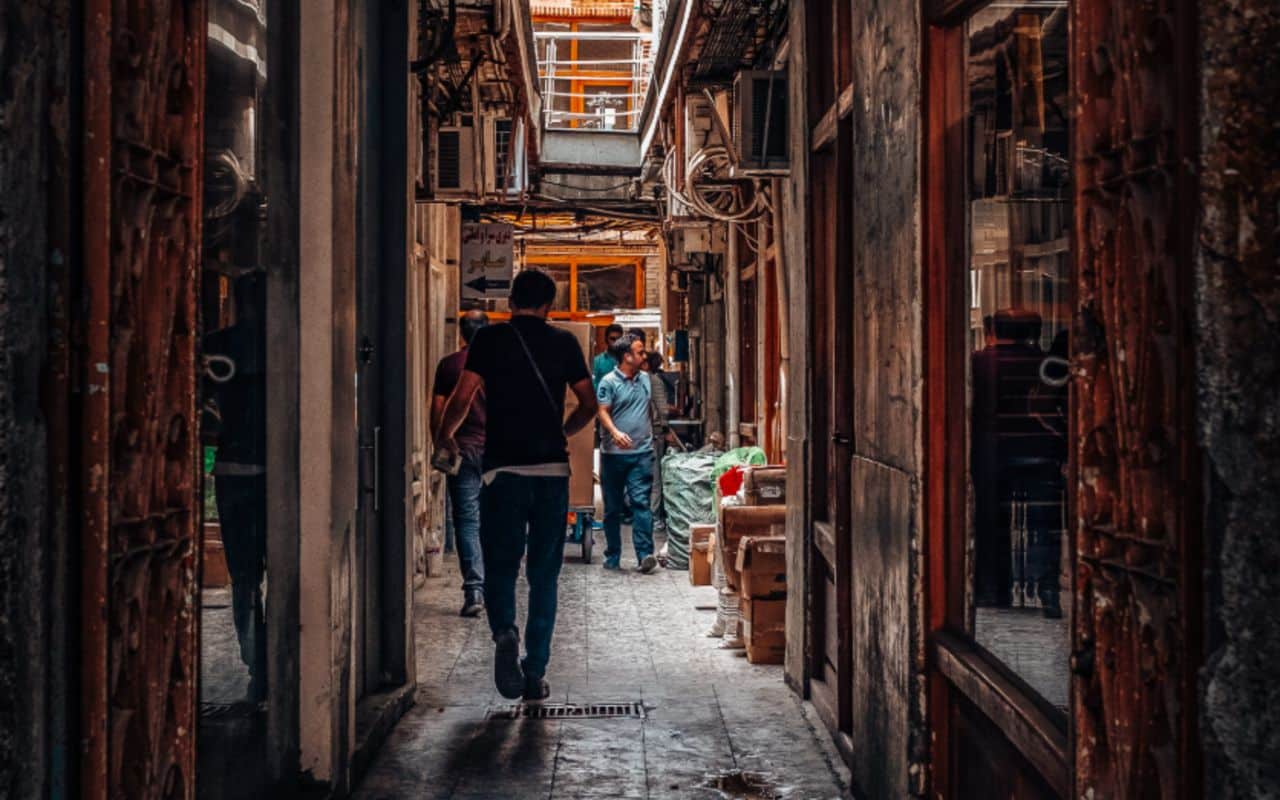During the time of dramatic change in the retail industry, companies such as Walmart and Tesco, etc., have met the needs of customers in bulk and in retail. Meanwhile, small grocery stores in neighbourhoods that have been serving for years have seen sales decline and eventually go bankrupt.
Simultaneously with the developments in the world, the retail industry in Iran also underwent changes. Large retail stores, such as the Refah chain stores, the Ofogh Kourosh discount store, the Seven Store, etc., have always been on the scene, but it took a long time for the use of these types of stores to spread and their acceptance by consumer culture. In the beginning, the number of these stores was very low and did not pose any threats to small stores. The department stores were not able to provide all the consumer items, and the difference between the big stores and the small ones was only in their dimensions.
For this reason, consumers preferred to travel shorter distances and buy goods at the same price as in department stores. During the time and economic problems and international sanctions, the consumer’s income has changed a lot and they were looking to get goods at the lowest prices. Meanwhile, large stores had higher bargaining capabilities due to bulk purchases from suppliers, as well as facilitating the buying process for customers.
This has led customers to turn to these stores and gradually make the crisis more serious for grocery stores. Today, very few of these grocery stores are visible in the city, and this is only due to the large distance between consumers and the location of chain stores. This crisis can happen to any small retailer. One of the available solutions could be to unite several small retailers and create a large store to compete with chain stores. Also, the use of sales incentives, free delivery of goods to the consumer, small discounts, the possibility of online ordering and 24/7 coverage of the target market can create a convenient shopping situation for consumers who no longer need to buy from large stores such as Refah chain stores.
Lack of commitment is a clear feature of the postmodern customer, so the brand alone does not encourage this type of consumer to buy. It doesn’t matter to the consumer whether he buys the product from Walmart or from Refah. Rather, price and convenience are the only priority of his choice. So by creating local retail unions, you might be able to challenge big chain stores as well!
An Iranian born, Kaveh Hatami received his PhD in Marketing Management and has published numerous articles in various fields of marketing and has translated many academic textbooks in the field of marketing that is being taught at masters and doctoral levels. Represented Iran in the OECD in 2016, he is also a lecturer specialised in marketing courses at Islamic Azad Universities as well as Applied Science Universities. He has a background in consulting large retailers, distribution channels, running market research, start-ups and cooperating with small business as a facilitator. Follow him on LinkedIn, Twitter and Instagram.



















